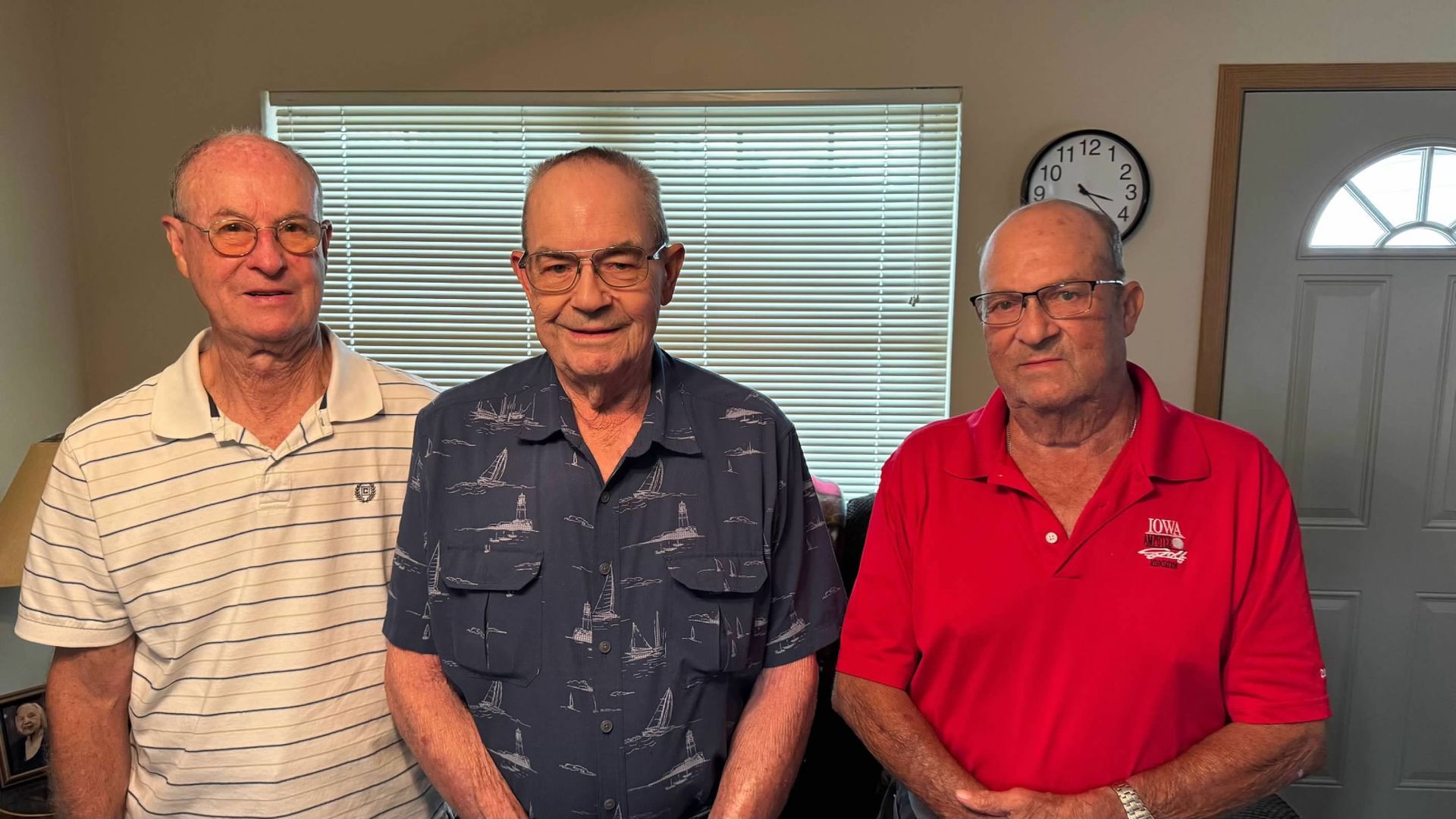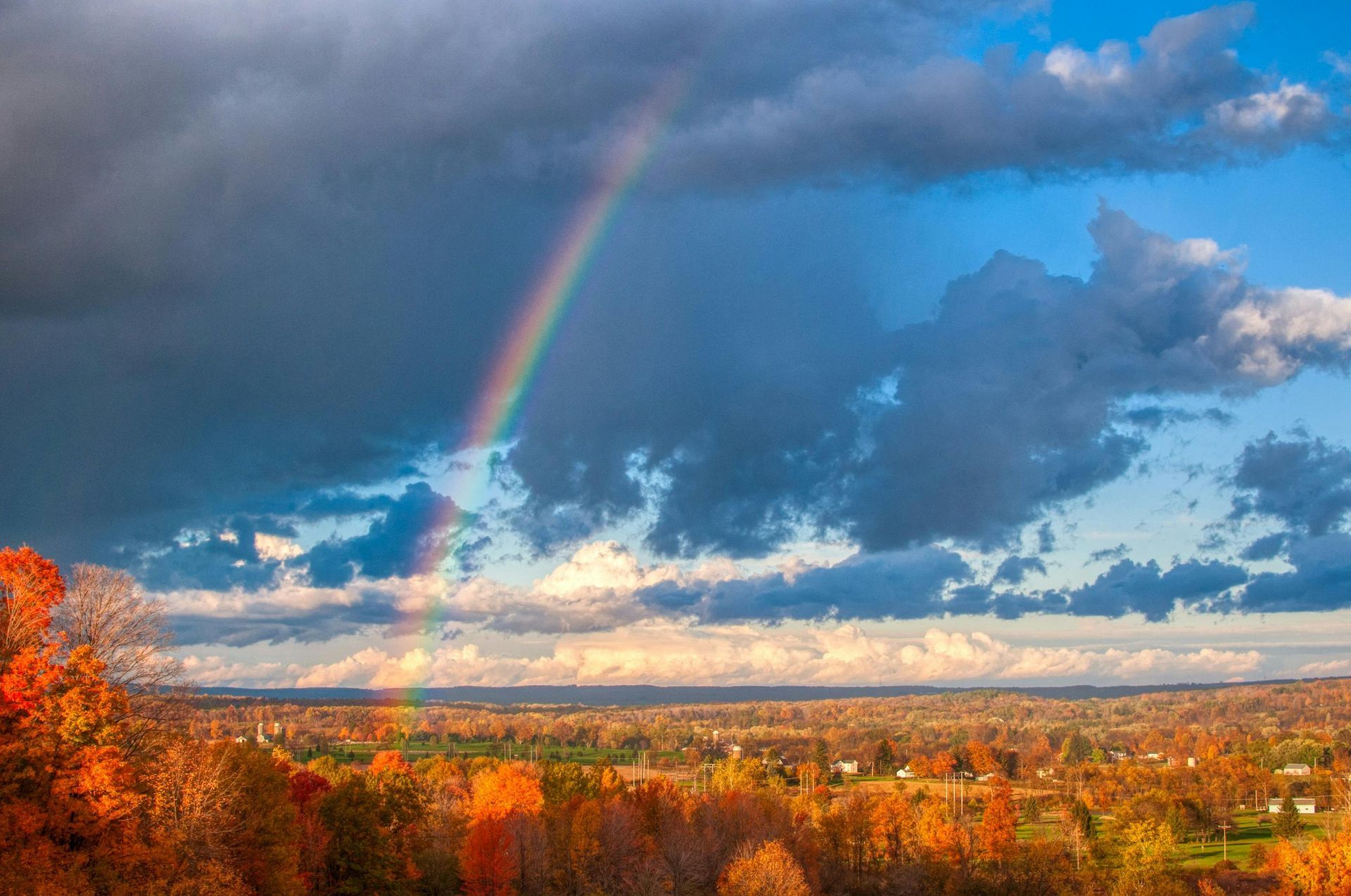Are You Anxious About Being Anxious?
Last week, one of my clients invited me to visit her office, and my reaction, like always whenever I consider going someplace new, was immediate anxiety. I’m not anxious about how she will react to my obvious handicap – I got over that fear decades ago. Now, I just worry if I can navigate the terrain.
Anxiety like that is something that I experience almost daily. Because I’m prone to falls, I must be cautious, and avoid unnecessary risks, but, because I need to experience life, I also must be courageous enough to accept some risk. It’s that fine line that creates the anxiety, and it’s something that all of us face to some degree. The greater challenge is not becoming anxious about being anxious.
There is risk any time we leave our comfort zones. When we apply for a job, ask someone out for a date or try something new, we expose ourselves to risk, and that creates anxiety. Leaving our comfort zones is also necessary to living a full and rewarding life, so we must be willing to accept some risk. Unfortunately, we often choose to avoid risk at any cost, because we know that anxiety comes with any risk, and we don’t want to be anxious.
When we become anxious about being anxious, we slowly strangle the joy out of our lives. The pandemic we lived through a few years back was a stark reminder of that. During that weird time, “experts” recommended, and actually enforced, anxiety. Don’t leave your home unless absolutely necessary, they told us, and if you do leave your home, limit your contact with other people. Some of us heeded that warning, while others accepted whatever risk they were comfortable with, and continued to live their lives. Though I tended toward the latter, I eventually quit looking forward to travel and other outings, as I didn’t want to expose myself to worrying about something getting in the way of those plans. I had become anxious about being anxious.
I experienced something similar with a goal I have had for some time. For the past couple of years, I have wanted to publish a book that I have written once and revised countless times, but publishing a book brings enormous risk and anxiety. It’s much easier to nurture the dream of writing a successful novel than it is to actually put the work out there and see how others react, so I have procrastinated with that final step while obsessively editing the manuscript. I became anxious about being anxious, and that has held me back for far too long.
Inspired by a friend who published his first novel last year, I recently changed my thinking and took the next step by hiring a professional to help me finally put my work into print. Now, I’m not only risking my ego, I’m also risking a significant financial investment. With my money, time and ego tied up in the project, I’m anxious, but no longer anxious about being anxious, and that’s liberating. If all goes according to plan, my book, Marginal, should be available for purchase by the end of the year. It might not win me a Pulitzer or land on a best sellers list, but it wouldn’t even have a chance if I didn’t risk the anxiety that is coming my way.
Our time on this earth is limited, and we shouldn’t limit our enjoyment of that time with unnecessary anxiety. Take that trip. Apply for that dream job. Try a new hobby. Share a hidden talent. Start that business. Things might not work out the way you want, but then again, they might! You’ll never know unless you try. Don’t let anxiety about being anxious keep you from trying.

